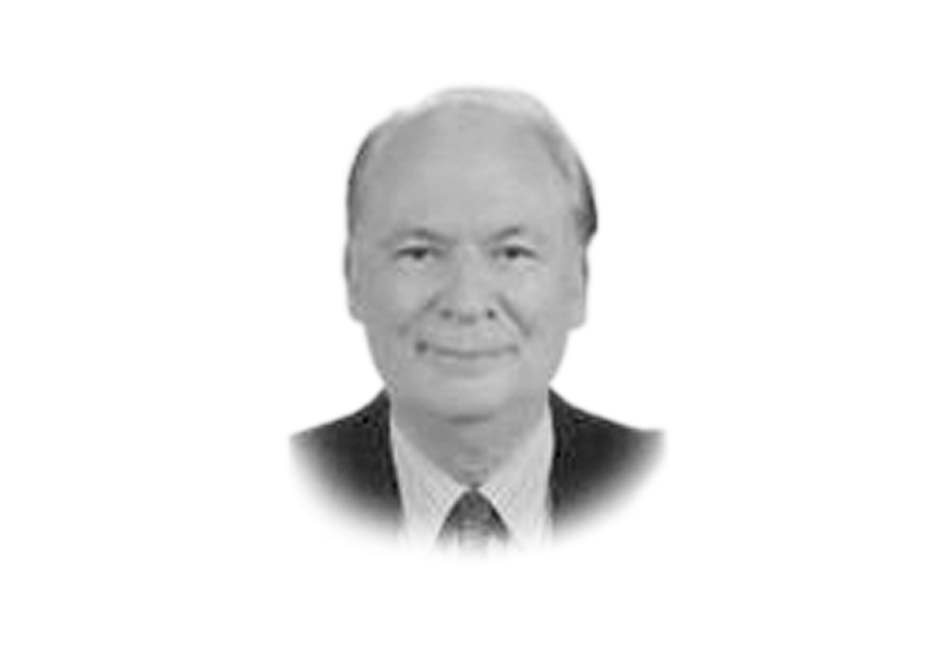
But long before the establishment of the EU Keynes had pointed out in a book published in 1919 the retributive terms of the Versailles Treaty would greatly hamper and delay the evolution of democracy in Germany, and the uncompromising inflexibilities of the Gold Standard would lead to massive employment from which only the rich would prosper. Besides its excellent economic analysis of reparations, Keynes’s book contains an insightful analysis of the Council of Four — Georges Clemenceau of France, Prime Minister David Lloyd George of Britain, President Woodrow Wilson of the United States, and Vittorio Orlando of Italy, four totally short-sighted men whose punitive and retaliatory measures had disastrous consequences. The gross inequality that existed between Germany — and Britain, France and other victorious European countries led to the rise of an Austrian-born revolutionary named Adolf Hitler who formed the National Socialist Party in a Bier Keller in Munich, refused to pay war reparations and developed the greatest war machine the world had ever seen and started the Second World War. As I had forgotten most of my Keynes I had to rack my brains in an effort of memory. Keynes was so influential in the middle third of the 20th century that an entire school of modern thought bears his name. Many of his ideas were revolutionary; almost all were controversial.
A prominent journalist and speaker, Keynes was one of the famous Bloomsbury Group of literary greats, which also included Virginia Woolf and Bertrand Russell. At the 1944 Bretton Woods Conference, where the International Monetary Fund was established, Keynes was one of the architects of the postwar system of fixed exchange rates. In 1925 he married the Russian ballet dancer Lydia Lopokova. It was Keynes, not Adam Smith, who said, ‘There is no objection to be raised against the classical analysis of the manner in which private self-interest will determine what in particular is produced, in what proportions the factors of production will be combined to produce it, and how the value of the final product will be distributed between them.’ Keynes believed that once full employment had been achieved by fiscal policy, the market mechanism could then operate freely. Little of Keynes’s original work survives in modern economic theory. His ideas have been endlessly revised, expanded, and critiqued. Keynesian economics today, while having its roots in The General Theory, is chiefly the product of work by a number of economists including Paul Samuelson in large part, to empirically explain Keynes’s macroeconomic models. Yet, the fact that Keynes is the wellspring for so many outstanding economists is testament to the magnitude and influence of his ideas.
Published in The Express Tribune, November 27th, 2016.
Like Opinion & Editorial on Facebook, follow @ETOpEd on Twitter to receive all updates on all our daily pieces.












COMMENTS
Comments are moderated and generally will be posted if they are on-topic and not abusive.
For more information, please see our Comments FAQ